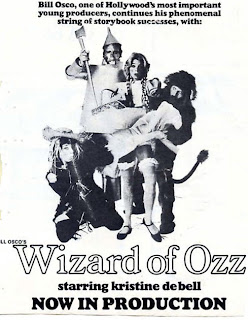THESIS: In order to understand proper theology (and more tentatively the theology of the Church), one must understand the current philosophical, theological, and social climate of the Church.
PROVING MY THESIS: There are roughly three avenues that the church has her influence in the particular existentialism: from the philosopher Søren Kierkegaard.
In this installment I want to focus on how the philosophy of Existentialism has affected the Church in its thinking patterns of theology, and ultimately in its effects on the social order.
Kierkegaard's three stories:
1. Philosophy
2. Theology
3. Social influence
This is basically the pattern that Francis Schaeffer follows in his works, but more specifically in The God Who is There. What does the idea of subjectivity and Søren Kierkegaard do for the Christian, why and did he make it so pointedly subjective? A little history lesson before I go is in order. According to Colin Brown, professor of Systematic Theology at Fuller Theological Seminary, Kierkegaard was a very controversial man amid philosophical idealism (Hegel). He was never a fan of the organized church—he even refused to take communion on his deathbed. (His very notion of autonomy and self-analytics is seen in his death bed.) It is no wonder that so many Christians who have no record of studying this man echo his philosophy to the crossing of the "t" and the dotting of the "i."
His idea of knowing God is not as important to him as just the mere thought that God exists. For instance, one need only experience of the story of the Wizard of Oz. The Tin Man's belief that the Wizard existed did not matter whether or not he actually existed, only that he existed in the mind of the Tin Man. Since faith and reason are pitted against each other, it isn't so much how you think about something—in our case, God. It's what you do with that belief: in the case of our three pedestrians, the journey.
